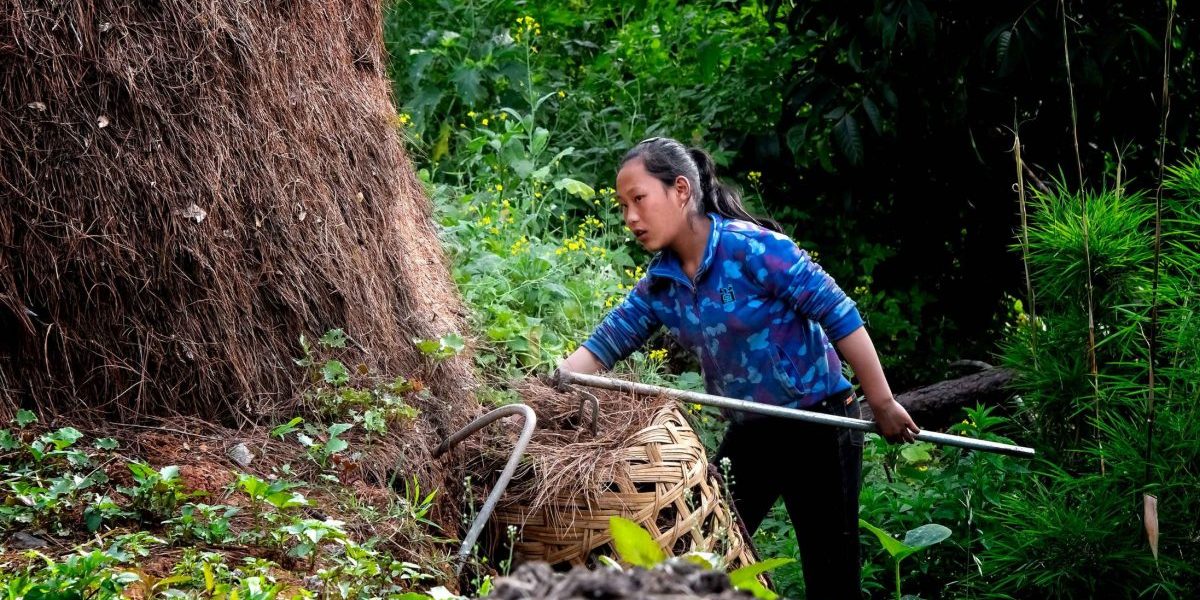Chinese manufacturing investments have concentrated on activities like building materials and light manufacturing, with an aim to serve growing domestic markets in Kenya and neighboring countries. By comparison, Chinese investment in agriculture is more recent and still in its trial period, but several ongoing projects suggest growth potential. In terms of knowledge transfer, all the firms we interviewed provide on-site training to their local employees; we also found evidence of subcontracting, imitation, and forward linkages between Chinese companies and local firms. Generally speaking, Chinese investment’s local linkages have been increasing over the years but remain at a low level. Our field research also found a considerable disparity between official registration information and on-the-ground investment activities. Neither the Chinese Ministry of Commerce (MOFCOM) nor the Kenya Investment Authority (KenInvest) have been able to monitor small investment projects that are “flying under the radar” or keep track of any subsequent changes to investment plans. Moreover, Chinese investments in the manufacturing and agricultural industries in Kenya are dominated by private, migrant entrepreneurs, who have mainly been driven by market considerations, such as production cost and market proximity, rather than government incentives in home or host country. Business strategies and decision-making are usually contingent on entrepreneurs’ prior experience in China and African countries.








